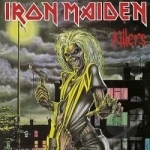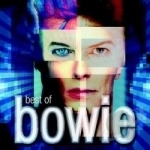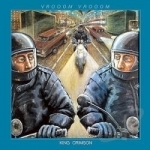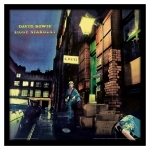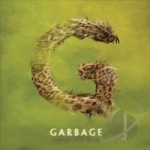
LiveTunes: LIVE Music Player
Music and Entertainment
App
What if you could make any regular song sound like a live concert with the touch of a button? ...
Frank Turner recommended Killers by Iron Maiden in Music (curated)
Woody Woodmansey recommended track Moonage Daydream by David Bowie in Best of Bowie by David Bowie in Music (curated)

Real Drums - Drum Music Game
Music and Entertainment
App
◉ Ultra realistic drum machine experience ◉ All popular drum sets and drum pads ◉ 100% Free -...

Felony Blues by Jaime Wyatt
Album Watch
The title of Jaime Wyatt's newest release Felony Blues is a nod to records like David Allan Coe's...
country
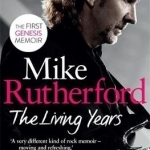
The Living Years
Book
"Now Michael, you're the son of a naval officer, you must behave like a naval officer at all...
Blaine Harrison recommended track 21st Century Schizoid Man by King Crimson in Vrooom Vrooom by King Crimson in Music (curated)
Mick Hucknall recommended The Rise And Fall Of Ziggy Stardust And The Spiders From Mars by David Bowie in Music (curated)

The Deviation (Experimental Love #3)
Book
When my quiet life fell apart, he turned up the music in my soul. How do I pretend we never...
Contemporary MM Romance Rock Star Romance Bi Awakening Forbidden Love
